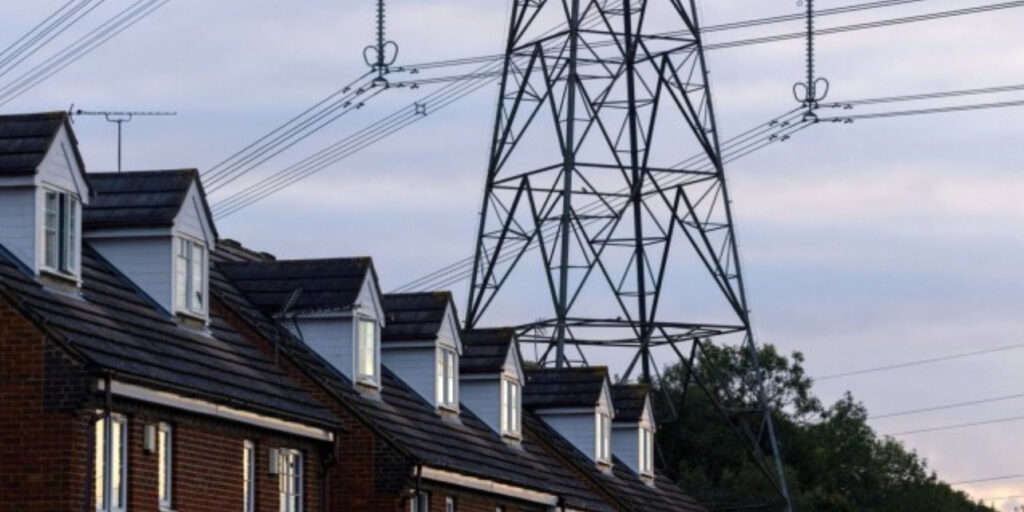The UK government must urgently address the high cost of electricity, warns Piers Forster, interim chair of the Climate Change Committee (CCC), as it risks undermining the country’s progress towards net zero emissions by 2050.
Forster highlighted that while the UK’s shift to renewable energy has been a success, efforts to electrify heating, transport, and industry are being stifled by elevated electricity prices.
“If you can reduce the price of electricity, you can make heat pumps, electric vehicles, and industrial electrification far more attractive,” he told the Financial Times.
His remarks follow recent moves by the Labour government to scale back penalties for boilermakers failing to meet heat pump sales targets and a potential easing of electric vehicle sales regulations.
Transitioning from gas boilers, which heat most British homes, to heat pumps, and increasing electric vehicle (EV) adoption are critical steps for the UK to meet its legally-binding climate commitments.
High Electricity Costs: A Barrier to Progress
Under the current energy price cap, electricity costs 24.50 pence per kilowatt-hour, four times more than gas at 6.24 pence per kilowatt-hour.
In 2023, the UK had the highest electricity prices among OECD countries, according to the International Energy Agency.
The UK’s marginal pricing system, where the most expensive energy source—usually gas-fired power stations—sets electricity prices, is partly to blame.
Additionally, levies for renewable energy subsidies and support for vulnerable households account for 16% of electricity bills, compared to just 6% for gas.
“These extra costs don’t need to be on the electricity bill,” Forster noted. “While we don’t dictate policy, there are multiple ways the government could act to reduce electricity costs relative to gas.”
Calls for Reform
The CCC has previously urged the government to redistribute levies, ensuring consumers are not penalised for adopting cleaner energy.
James Dyson, a senior researcher at the think tank E3G, suggested offering discounts on electricity bills for households that switch to heat pumps or other green technologies.
The previous Conservative government explored reforms to decouple volatile gas prices from electricity pricing but ultimately decided in May 2024 to maintain the marginal pricing system.
Officials argued that overhauling the wholesale market would be too complex and that the increasing share of renewables, supported by state-subsidised contracts, already shields consumers from excessive costs.
Government Response
The Department for Energy and Net Zero remains committed to lowering electricity costs.
“We are ensuring bill payers benefit from clean, secure, homegrown energy as we work to make Britain a clean energy superpower,” a spokesperson said.
“We are considering the most efficient ways to bring down electricity prices relative to gas.”
With energy prices continuing to challenge the UK’s green transition, pressure is mounting on the government to implement reforms that make sustainable options more accessible and affordable.


